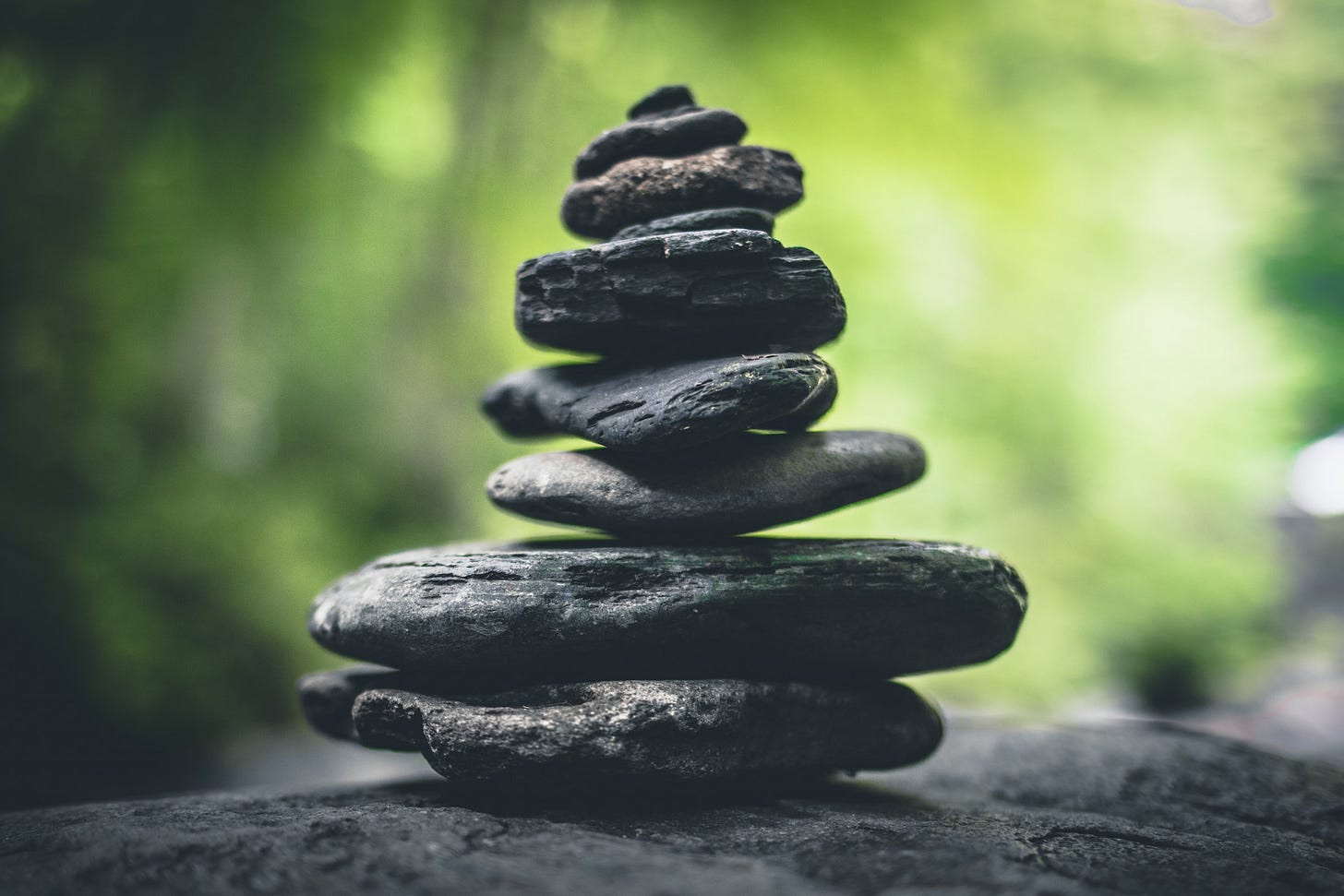
I have a trio of new pieces out in Queer Majority. I covered a pair of studies, one about the declining sex lives of younger generations in general and straight people in particular (and why most of the explanations don’t add up). Another about new and groundbreaking research on the genetics of bisexuality. And I also reviewed Bradley Cooper’s Leonard Bernstein biopic, Maestro.
It’s been nearly three years since I set out to pursue a career in writing. And what a trip it’s been. The workload of building a second career while maintaining a day job was manageable at first. But as that second career burgeoned from a hope and a dream into a reality, I found myself effectively working two full-time jobs for a year and a half. I am not a workaholic by nature. Working 80+ hours a week isn’t my jam. The prospect of quitting my day job became a utopian, almost messianic panacea on the horizon that kept me going through all of it. Once I quit my day job, a part of me had become convinced, every problem in my life would resolve itself. I would have the flexibility to make my own hours and pursue opportunities as I saw fit. I would finally be liberated from the repressive confines of 20th-century workplace structure. I would be free. That’s not how things turned out.
Last spring, I quit my day job, and the freedom I hoped it would bring did indeed transpire. But the well-being I assumed that freedom would correlate with never came along for the ride. Working in conditions of radical autonomy, in the absence of any imposed boundaries, demands new, self-imposed guardrails. Without them, as I have discovered, there is only madness.
Where before I worked in an office, the world became my office. Needing only a laptop or smartphone and an internet or cell signal, work is with me at all times — at home, in transit, even on vacation. Where before my hours were nine to five, Monday through Friday, my new hours first became whenever, and then always. My colleagues are now faces I see on video calls once a week and lines of text in messaging apps that roll in at all hours. For nearly 15 years, everyone I worked with lived within an hour’s drive of my home in New Jersey. Now they live in California, Mexico, Sweden, Canada, Oregon, and Australia.
The least anticipated change of all was that my workload with one job would exceed my workload with two jobs. I don’t have hard deadlines, but my livelihood is now contingent on how much I work. Some contractors hang drywall or re-shingle roofs. I sling words and refurbish prose. A quiet hour in my day job was still an hour on the clock. I earned my wages whether that hour was spent productively or watching cat videos. An unproductive hour now is an hour with no money coming in. I am free to work as little as I please. I’m also free to make as little as I please.
The sum total of these dynamics can derange your life if you’re not careful. In my case, it has led to a complete breakdown of work-life balance. Most of us are increasingly addicted to our smartphones. Not me. My phone has become an object of dread, a tell-tale heart thumping not under my floorboards with pangs of guilt, but chiming in my pocket like an endless electronic in-tray. By the end of last year, I was no longer sure where work ended and the rest of my life began. It’s taken a toll both physically and psychologically.
During my time as an aspiring writer, several conversations stuck with me. I spoke with a number of people who, like me at the time, wrote non-professionally, but said they’d never want to do it for a living because it would ruin something they intrinsically loved by turning it into “work.” That’s not how I felt then, nor is it how I feel now. I don’t regret my choices for one minute. I truly love writing. To be paid to do it is an incredible privilege. But there’s no single activity that is healthy for a human to do at all hours of the day in completely unbounded and structureless ways. We need balance. Or, at least, I do.
It’s been three years now burning the candle at both ends. Three years effectively functioning as my own tiger mom. As a strategy for achieving the sorts of goals one can list on a résumé, it has worked fantastically. As a strategy for happiness, not so much. This year, I’m taking back my balance. It won’t change what I do here, but it will restore some sanity to my life. The name of this publication, American Dreaming, has a double meaning. In part, it’s an homage to the George Carlin line, “That’s why they call it the American Dream, because you have to be asleep to believe it.” But it’s also an expression of my own optimism and striving for a better world. I’ve come a long way toward realizing my own version of the American Dream. What I didn’t realize when I set out on this road, however, is that the destination could never be measured in achievements. It can only be measured in happiness. And, being an American, I’m convinced that I’m entitled to both.
See also: “Two Years Ago I Was Selling Insurance. Now I’m a Writer”
Subscribe now and never miss a new post. You can also support the work on Patreon. Please consider sharing this article on your social networks, and hit the like button so more people can discover it. You can reach me at @AmericnDreaming on Twitter, or at AmericanDreaming08@Gmail.com.




